Books
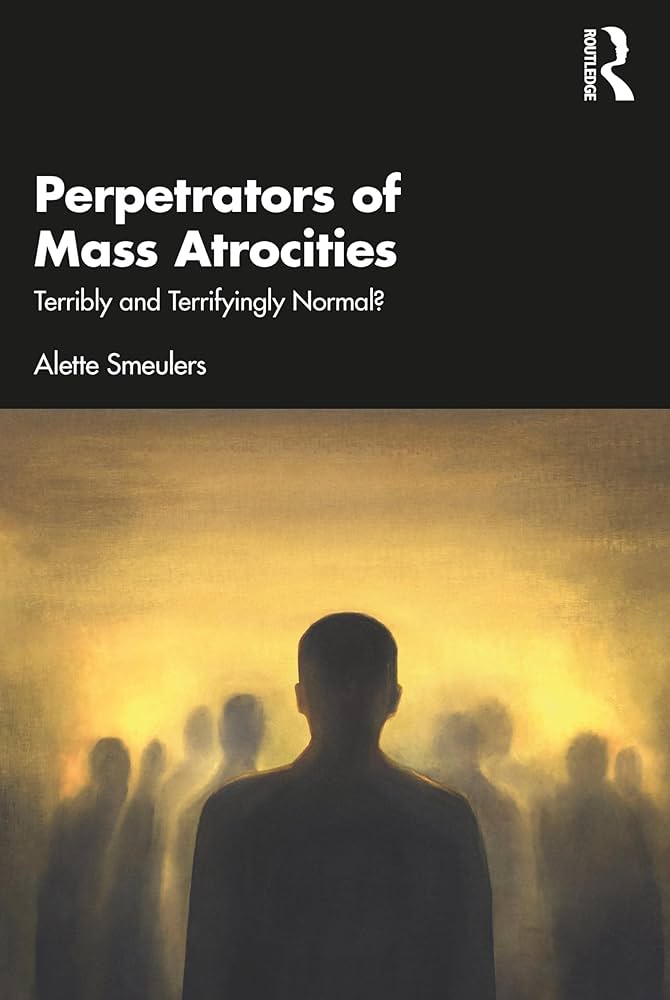
Perpetrators of Mass Atrocities: Terribly and Terrifyingly Normal?
By Alette Smeulers. The 9/11 attacks, as well as the ones in Madrid, London, Paris and Brussels; the genocides in Nazi Germany, Rwanda and Cambodia; the torture in dictatorial regimes; the wars in former Yugoslavia, Syria and Iraq and currently in Ukraine; the sexual violence during periods of conflict, all make us wonder: why would…
Read more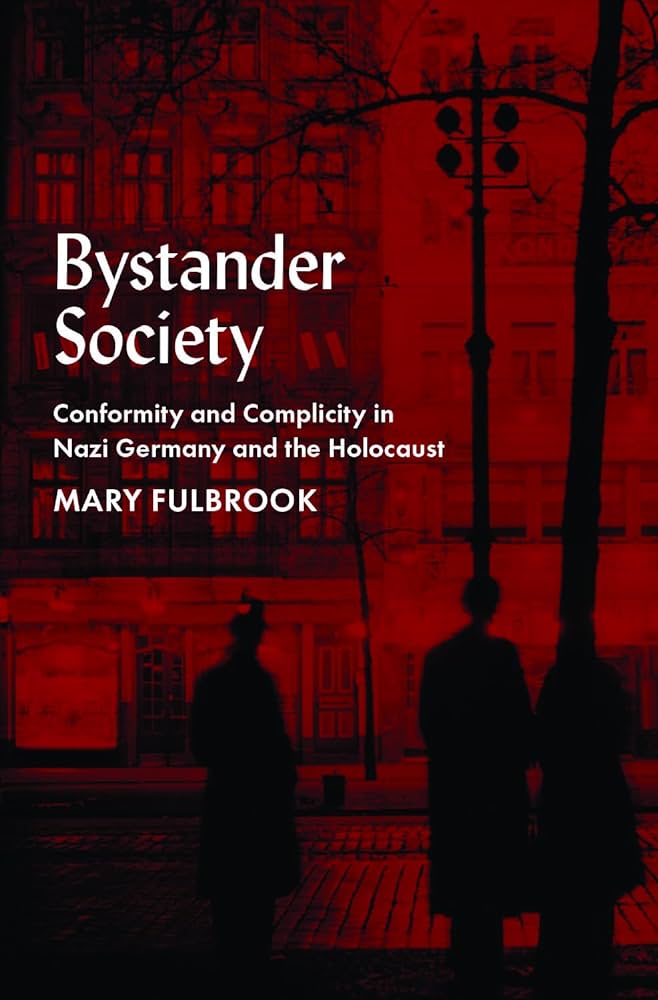
Bystander Society: Conformity and Complicity in Nazi Germany and the Holocaust
By Mary Fulbrook. In this powerful and revelatory new work, historian Mary Fulbrook takes on one of the most fraught issues in modern times: the role of ordinary Germans in enabling the rise of Nazism and with it the exclusion, persecution, and then extermination of millions of people across Europe. The question often asked of…
Read more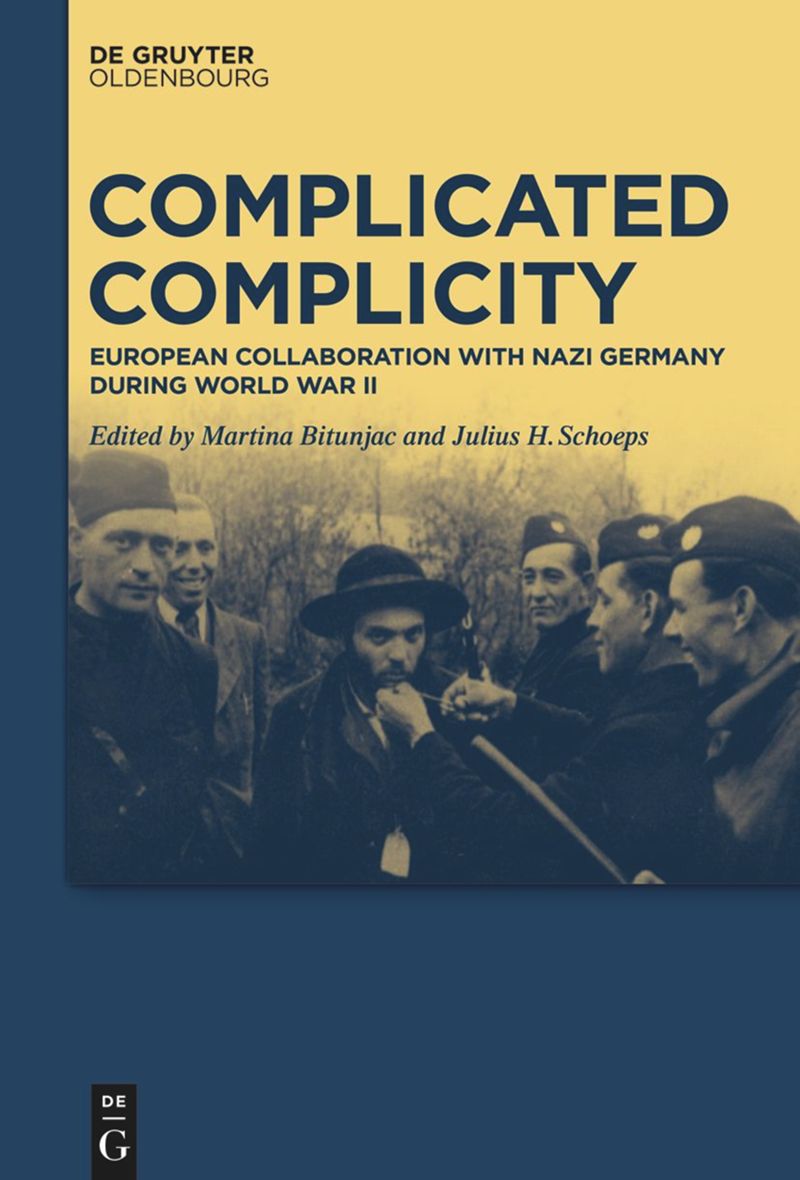
Complicated Complicity: European Collaboration with Nazi Germany during World War II
Edited by Martina Bitunjac and Julius H. Schoeps. Complicated Complicity is about the forms, motives, and spectrum of actions of European collaboration with the Nazis. State authorities, local military organizations, and individual players in different countries and areas including France, Scandinavia, Lithuania, Poland, Ukraine, Romania, Hungary, Slovakia, Greece, Italy, Portugal and the countries of the former Yugoslavia…
Read more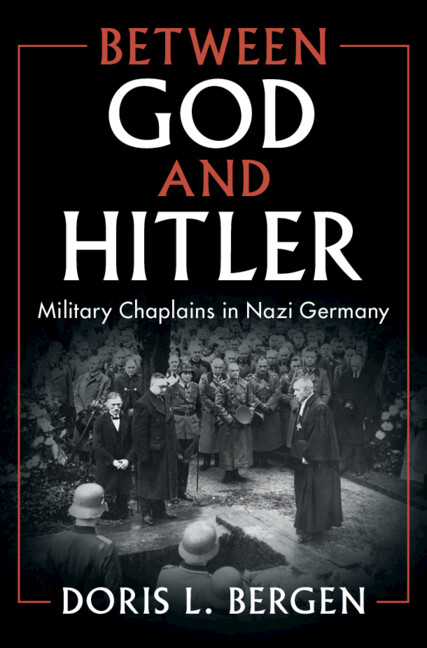
Between God and Hitler: Military Chaplains in Nazi Germany
By Doris L. Bergen. During the Second World War, approximately 1000 Christian chaplains accompanied Wehrmacht forces wherever they went, from Poland to France, Greece, North Africa, and the Soviet Union. Chaplains were witnesses to atrocity and by their presence helped normalize extreme violence and legitimate its perpetrators. Military chaplains played a key role in propagating…
Read more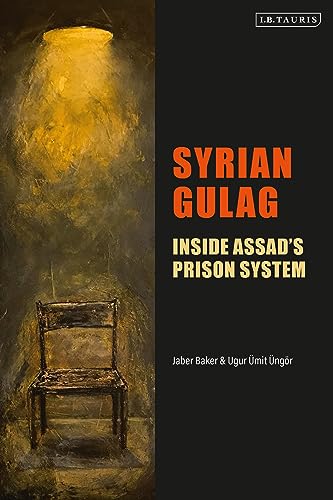
Syrian Gulag: Inside Assad’s Prison System
By Jaber Baker and Ugur Ümit Üngör. An estimated 300,000 people have been detained or have died in prison since the Syrian uprising broke out. Syrians can be arrested for liking a post on Facebook or for the political activities of a distant relative. They are imprisoned without trial, and tortured and starved, often to…
Read more
Im Bann des Bösen: Ilse Koch – ein Kapitel deutscher Gesellschaftsgeschichte 1933 bis 1970
By Alexandra Przyrembel. Ilse Koch war die Ehefrau des SS-Kommandanten von Buchenwald und eine der wenigen verurteilten NS-Täterinnen. Die Historikerin Alexandra Przyrembel skizziert in einer fundierten Spurensuche ihren Lebensweg, beschreibt den Prozess und die internationale Berichterstattung sowie die Zeit im Frauengefängnis in Aichach und die Unterstützung durch das Netzwerk der »Stillen Hilfe«. Bereits 1932 wurde…
Read more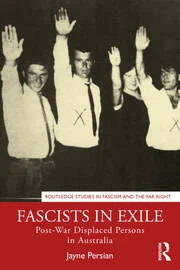
Fascists in Exile: Post-War Displaced Persons in Australia
By Jayne Persian. Fascists in Exile tells the extraordinary story of the war criminals, collaborators and fascist ultranationalists who were resettled in Australia by the International Refugee Organisation between 1947 and 1952. It explores the far-right backgrounds and continuing political activism of these displaced persons in Australia, adding to our knowledge of the development of Australian…
Read more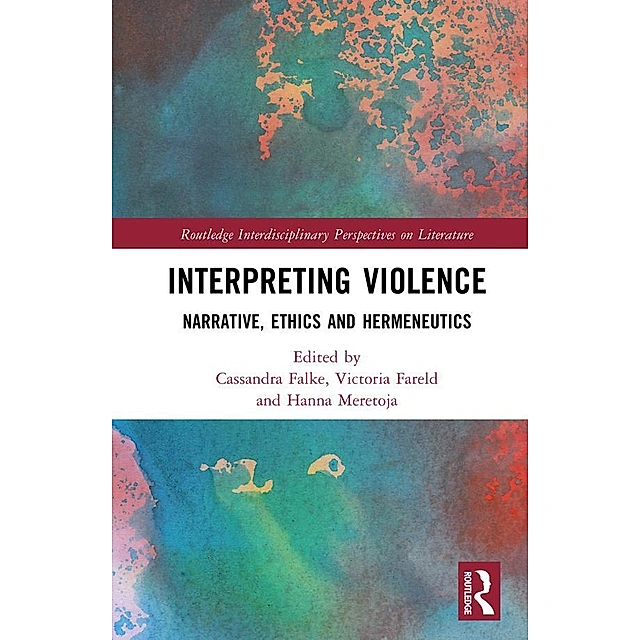
Interpreting Violence: Narrative, Ethics and Hermeneutics
Edited By Cassandra Falke, Victoria Fareld, Hanna Meretoja. Representations of violence surround us in everyday life – in news reports, films and novels – inviting interpretation and raising questions about the ethics of viewing or reading about harm done to others. How can we understand the processes of meaning-making involved in interpreting violent events and…
Read more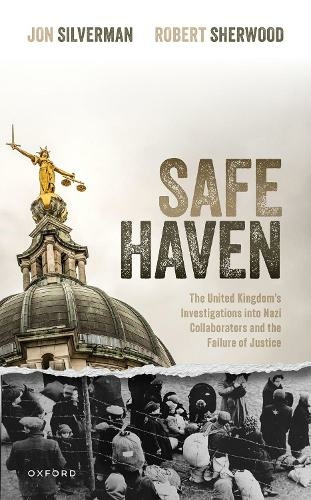
Safe Haven: The United Kingdom’s Investigations into Nazi Collaborators and the Failure of Justice
By John Silverman and Robert Sherwood. The controversial 1991 War Crimes Act gave new powers to courts to try non-British citizens resident in the UK for war crimes committed during WWII. But in spite of the extensive investigative and legal work that followed, and the expense of some GBP11 million, it led to just one…
Read more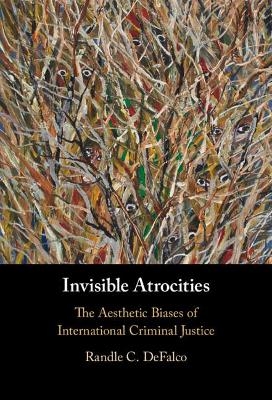
Invisible Atrocities: The Aesthetic Biases of International Criminal Justice
By Randle C. DeFalco. This book explores the ways aesthetic considerations shape how international crimes are recognized and categorized. It identifies a dominant aesthetic model of atrocities as horrific spectacles and identifies various forms of mass violence, from the enforcement of famine conditions to socio-economic oppression, that fail to conform to this model. International criminal…
Read more
